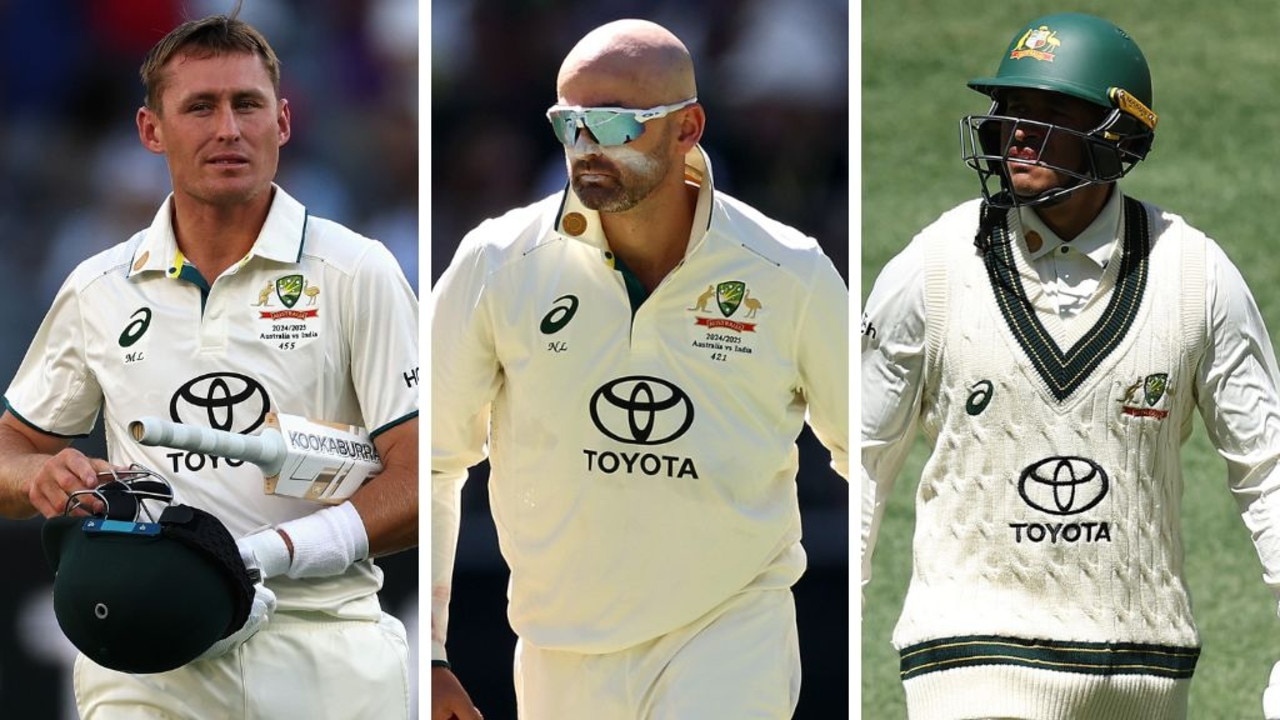How the hell did that happen? The tough questions Australia must answer

- by Admin
- November 25, 2024

Loading
They had been well drilled by India’s lead-up to the match, which featured a Test series on home soil that resulted in a surprise defeat to New Zealand, but then a focused 10-day preparation in Perth, on pacy surfaces at the WACA Ground.
That combination of Tests and centre wicket training ensured the Indian side felt hardened and focused for what was to come, even as they missed captain Rohit Sharma for the first game. He was present at Perth Stadium for the final day of the game: what a head start Bumrah has given him.
New Zealand, meanwhile, had in turn been made ready for the India assignment by playing and losing two Tests in Sri Lanka. The art of scheduling for big series is an evolving one, but in the cases of both India and New Zealand those miles in the legs served a valuable purpose.
Australia’s high-performance arm, led by Ben Oliver, includes head coach Andrew McDonald, selection chair George Bailey and fellow selector Tony Dodemaide. They have spoken often of the build-up to this series being more than nine months in the making, but it has been a patchwork job.
It can be argued, correctly, that more members of this squad have played more Shield games leading into the first Test than at any time since COVID-19. But it can also be argued, forcefully, that preparation for Pakistan, West Indies or even pre-Bazball England was not quite as important as preparing for India. After all, no other nation has beaten Australia on home soil in Tests since 2012.
The Australians had just one day of practice on the WACA square, when in previous years they had trained there for two. The pitch they used was on the edge of the square and not in its heart, because of a WBBL fixture played during the Test.
Alex Carey takes evasive action.Credit: Getty Images
On one level, the emphasis on not overtaxing Australia’s players was to do with the fact this is a five-match series against India rather than the usual four. Should they find some rhythm and go on to win out over the full journey, Perth’s disaster will be put into a different perspective. But it is a sizeable gamble.
It also speaks to how few capable candidates there are sitting underneath the current Test team. Reflexive calls to drop Labuschagne, for instance, open the question of who might replace him. Marcus Harris? Matt Renshaw? Pete Handscomb? Bumrah will not lose much sleep over that trio, nor the teenager Sam Konstas. Allrounder Beau Webster is another speculative option, and a sore Mitchell Marsh did little to inspire confidence as a bowler.
Loading
Moreover, to overcome a 1-0 deficit is a rare thing in Australian cricket history. Australian teams have typically started strongly and challenged opponents to run them down. Cummins might remember that last year’s World Cup began with a heavy defeat to India before the campaign gathered speed.
But to make such a hash of the first Test of a series, after months of bespoke preparation, is a sobering moment for Cummins and the decision-makers around him. Australian cricket’s followers expect better.
The Latest News
-
November 25, 2024WTA player announces she’s returning at the Australian Open in 2025 and planning to win Grand Slams
-
November 25, 2024Haier Named Official Partner of the Australian Open for 2025-2027
-
November 25, 2024Andy Murray could face awkward Australian Open moment with Novak Djokovic
-
November 25, 2024Anglo American to Sell Australian Coal Business for $3.8 Billion | OilPrice.com
-
November 25, 2024ISPS Handa Australian Open preview: Field, betting odds, tee times and how to watch





